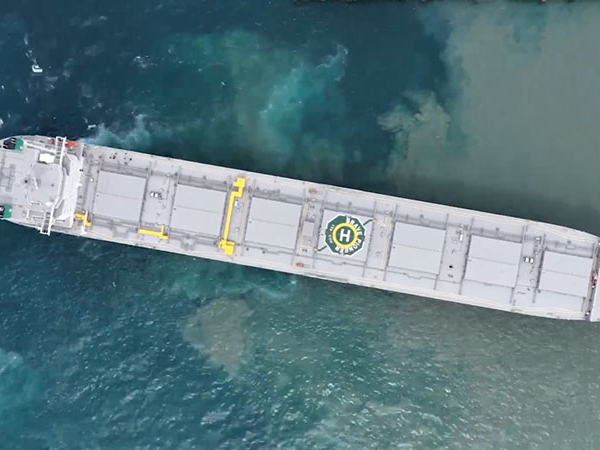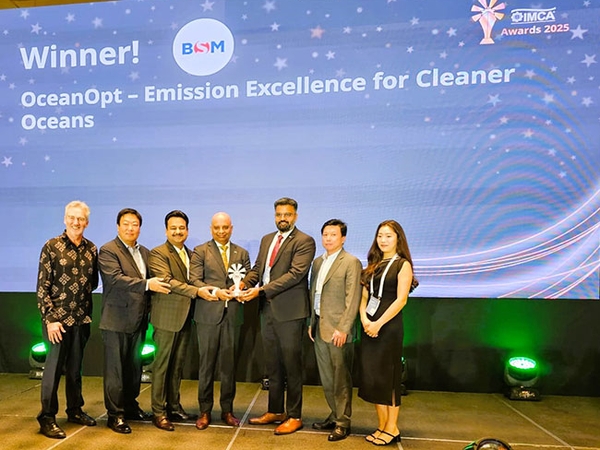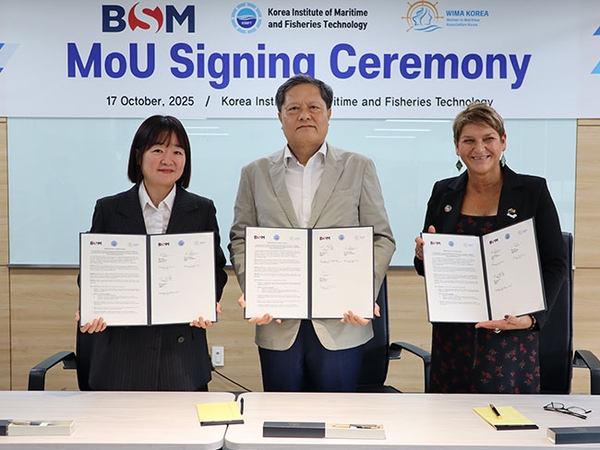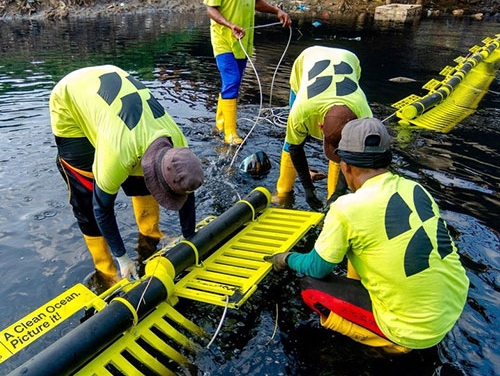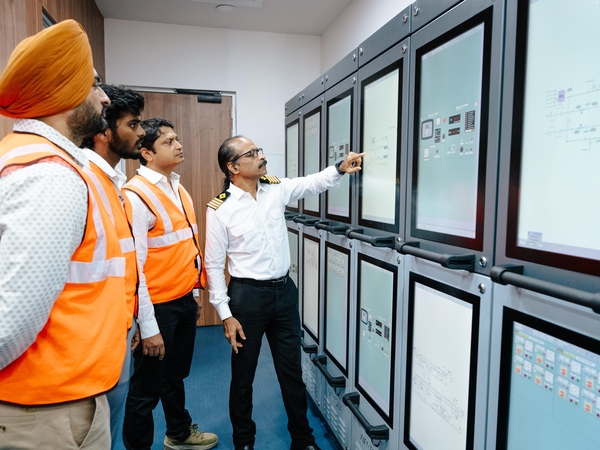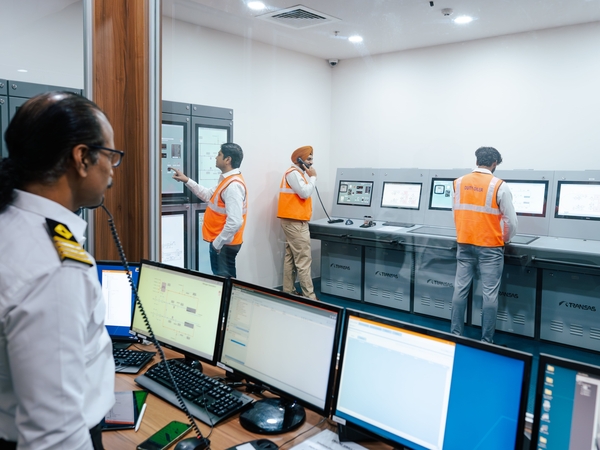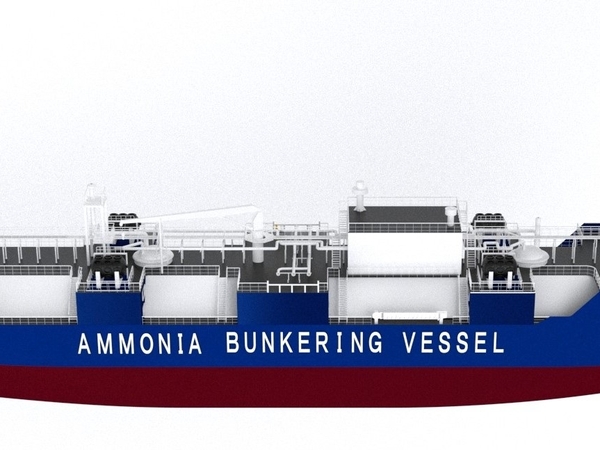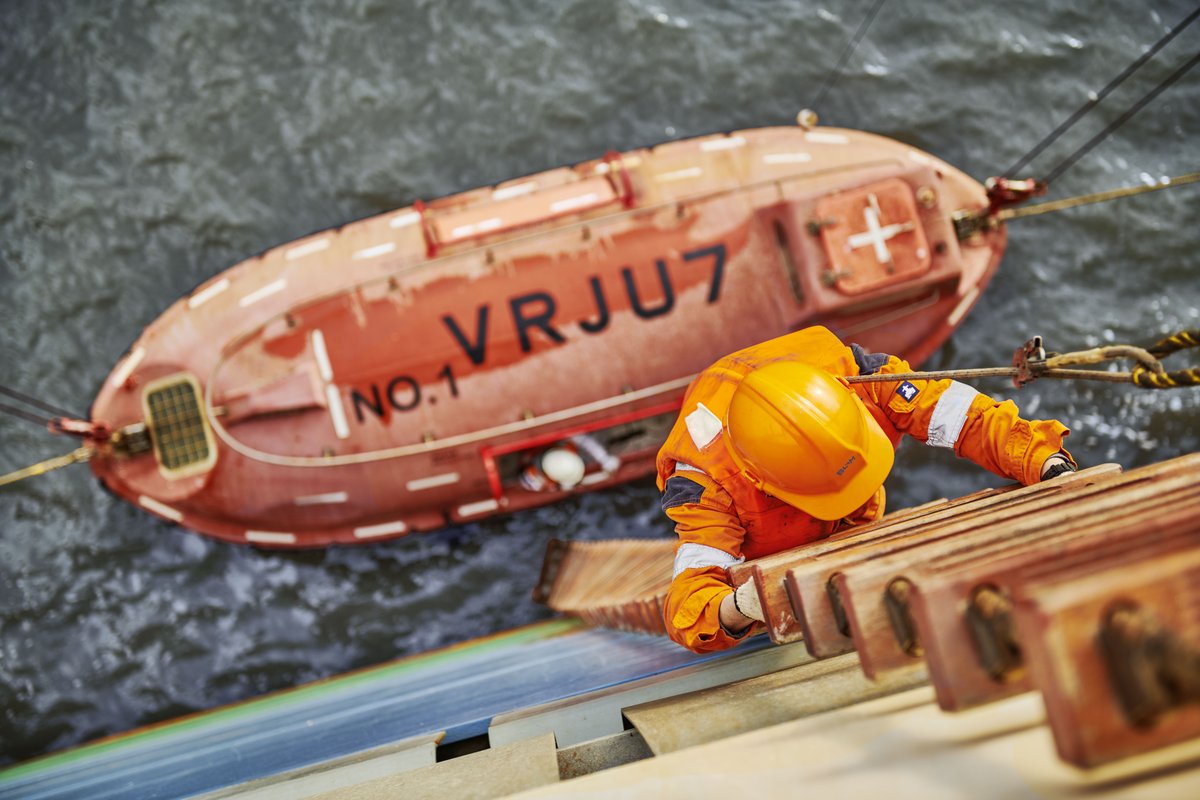
Interview as appeared in 'Tanker Operator'
Bernhard Schulte Shipmanagement (BSM) lives by what it calls a “just culture”.
This means “it recognises that no human is perfect, that all professionals will make mistakes and that most incidents are the result of complex interaction between people, conditions and processes,” said Adele Crothers, Customer Relations and Business Growth Manager BSM Greece, speaking on behalf of Theophanis Theophanous, Managing Director, BSM Greece.
“A Just Culture acknowledges this fact and prioritises learning from mistakes over punishing mistakes. It means that we should not be afraid of raising our hand to make an observation or say ‘I’ve made a mistake’”. She was speaking at the Tanker Operator Athens forum in May.
While a just culture recognises that mistakes and unhealthy habits can happen it still means that people can be held accountable for their mistakes. “A just culture differentiates between acceptable and unacceptable behaviour,” she said.
“The vast majority of unsafe acts are ‘honest mistakes’, mistakes that happened unintentionally. These can be reported with no blame or punishment.” If an honest mistake occurs the company aims to offer support to help understand what went wrong and how to learn from it.
“The main focus of our culture is support, training and coaching, rather than punishment,”
she said. “However, there are certain types of behaviour - ‘wilful violation’ and ‘reckless conduct’- where action must be taken.” Wilful violation is “when a person knew there would be an undesirable consequence to an action but went ahead and did it anyway”.
Reckless conduct is “when a person knew there may be an undesirable consequence but went ahead with the action anyway”. The “stop work” authority is an important part, ensuring that everybody is comfortable demanding that work stops immediately, if anything unsafe is happening or developing. As part of the “learning culture”, people should be encouraged to want to improve. “Everyone from leadership down has to be aware of the company values. The company values are there to guide everybody,” she said. BSM keeps records of “exceptional behaviour”, which can be shown to others as an example.
To improve, you also need the ability to adapt, and an ability to see a bigger picture. “This has to start from the senior management, or it will never work,” she said: “Our aim is to encourage all employees ashore and onboard to participate and contribute.” BSM develops manuals in a handheld format which state what needs to be done in a concise way, and where it is easy to find what you need. The manuals are also available online and can be viewed on mobile phones. This is a manual publishing approach adapted from the aviation industry, she said.
Supporting crew “We have to make sure crew stay healthy, motivated, with high morale, not only physical wellbeing, also mental well-being.” BSM encourages interaction between crew members, including cooking classes, exercise classes and competitions, such as table tennis or karaoke. The philosophy is “keeping everybody close”.
It provides a 24h multilingual helpline to crew mental as well as health awareness videos
onboard. There is an online “BSM seafarer portal” for crew to use via mobile phones, including a
facility for chat with the office, understanding crew assignments, monitoring finances, tracking the location of other BSM vessels. They can see if there is another BSM vessel in the same port.
It includes checklists they should follow and company policies they should be aware of before
joining a vessel. Bernhard Schulte is a family-owned business. “We try to offer services from that perspective,” she said. “The key operational factor is the crew. A ship is only as good as the crew onboard.”
